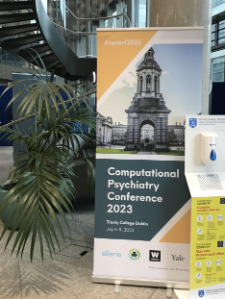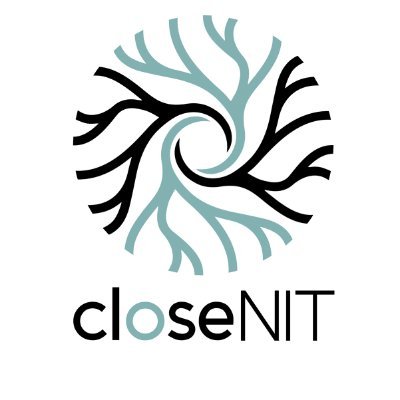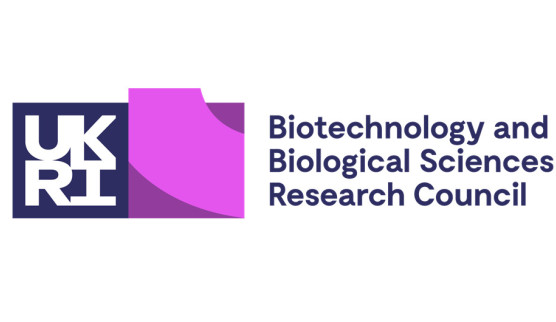News & Events
Computational Psychiatry Conference 2023

8 July, 2023, 4:30-6:30 PM
Primate model of prediction disorders: Computational modelling of sensory prediction learning and social phenotypic traits in macaques associated with autism
Emma Woolgar*, Jennifer Nacef*, David Massey, Benjamin Slater, Beshoy Agayby, Zhipeng Zhang, Colline Poirier, Claire Witham, Sara Wells, Marc Woodbury-Smith, Yukiko Kikuchi.
*First authors contributed equally
Abstract:
A recent ‘prediction impairment’ hypothesis has been advanced to explain another facet of ASD: difficulties managing uncertainty. To investigate this in gene-brain-behavioural axes, we used the macaque Genotype and Phenotype (mGAP) resource and identified greater constraint in the ASD-implicated genes similar to humans in the whole genome of 2,054 macaques. Behaviourally, we characterised phenotypic behaviours of juvenile male macaques (n = 36) at a UK breeding colony using the macaque version of the Social Responsiveness Scale Revised (mSRS-R, Talbot et al., 2020) and identified that the distribution of mSRS-R was largely consistent with the previous results, including identifying the thresholds for low- and high-scoring animals. In parallel, we have developed an automated self-training touch panel system to assess macaque predictive ability on the sensory prediction learning task. Prediction errors about cue-outcome contingencies and volatility change in these associations over time were quantified using a hierarchical Bayesian learning model. Our pilot data show that animals within the normal SRS range engage in predictive learning and rapidly learnt about volatility in the face of environmental change whereas the animal with the high SRS tends to overlearn about volatility. Neurobiologically, our previous studies established macaque and human parallels in neurophysiological signals involved in sensory prediction and prediction error signalling in the frontotemporal network (Kikuchi et al., 2017, 2018). Our findings highlight the importance of this species as a prominent animal model that can directly adopt computational psychiatry approaches in parallel to human clinical work to understand neurobiological underpinnings of ASD for translational advancement.
Last modified: Sun, 09 Jul 2023 20:57:30 BST






